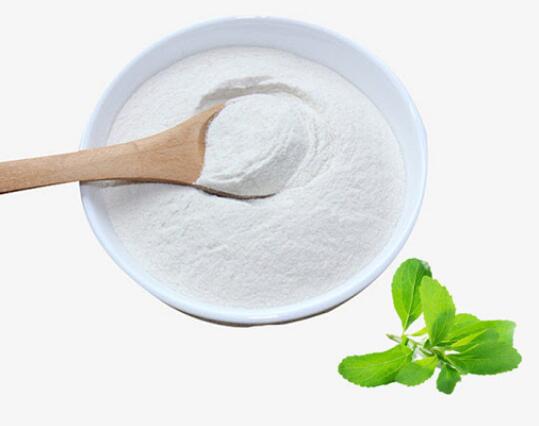Kategorien
- Bloggen (60)
Steviablätter sind ein natürlicher Süßstoff aus einem Strauch, der in Brasilien und Paraguay natürlich wächst. Südamerikaner verwenden es seit Hunderten von Jahren als Süßungsmittel für Lebensmittel. In den letzten Jahrzehnten, Auch andere Länder haben begonnen, die Pflanze in großem Umfang zu nutzen. Aufgrund seiner vielen gesundheitlichen Vorteile, stevia leaf was also approved for use as a food additive by the U.S. Food and Drug Administration in 2008.

1. Stevia Helps Reduce Appetite and Addiction
One of the main reasons why stevia leaves have become so popular is that they can aid in weight loss. As a food additive, it can be safely consumed without sacrificing the sweetness of the food without adding too many calories, which is very beneficial for dieters. Stevia leaves are all natural and do not have any known side effects, making them safer than weight loss drugs. In addition to suppressing appetite, stevia leaves also reduce smoking and alcohol addiction.
2. Stevia Regulates Blood Sugar Levels
Doctors in Paraguay have long used stevia to treat patients with diabetes and hypoglycemia. This is because it has the effect of stabilizing blood sugar levels. Regular sugar can cause sudden spikes or drops in blood sugar levels, but stevia leaves keep your blood sugar stable. People with high blood pressure can also benefit from stevia leaf, as it also has blood pressure lowering properties. But this herb has no effect on people with normal blood pressure.
3. Preventing tooth decay
The stevia ingredient contained in chewing gum, food and beverages can help prevent tooth decay. This is because it helps inhibit bacterial growth in the mouth and reduces tartar buildup. Adding stevia extract to toothpaste or mouthwash can also relieve bleeding gums.
4. Powerful Antioxidants
Studies have shown that foods and beverages containing stevia can help treat colds and flu. This has to do with the antioxidants and other nutrients it contains such as vitamins C, EIN, Zink, magnesium and iron.
Stevia leaves also have cancer-fighting properties due to antioxidants that ward off free radicals. Stevia leaves contain a SOD antioxidant active component, a special enzyme called superoxide dismutase, and it is this substance that has anti-cancer properties. Since sucrose and some other artificial sweeteners (such as aspartame and sucralose) do not contain antioxidants, stevia leaves are a healthier sweetener option.
Stevia is a sugar substitute that is often used to sweeten beverages and foods due to its low calorie content. While generally considered safe, some people have reported side effects from stevia, some of which have no scientific basis. Zum Beispiel, some people claim to experience symptoms such as nausea and gas, as well as dizziness and muscle pain after ingesting stevia. Zusätzlich, some adverse reactions of stevia are associated with pre-existing diseases, such as diabetes, low blood pressure, and allergies to ragweed plants.
One of the common side effects of stevia is nausea. Natürlich, since most people don’t consume this sweetener alone, it’s hard to tell which ingredient in the food is causing the nausea. Others feel gassy after ingesting stevia, which is manifested by farting. Although only a small number of people have this effect, using this product in small doses can help avoid gas and embarrassment in public places.
The problems with this sugar substitute are not limited to the gastrointestinal tract. Zum Beispiel, some people feel dizzy after ingesting this product, while others experience numbness. Auf der anderen Seite, certain users have pain in their muscles. So it’s a good idea to avoid this product before any physical activity.
Some stevia side effects are only seen in people with certain medical conditions. Zum Beispiel, some people will notice a drop in blood pressure after taking stevia, which is not a good thing for patients who already have low blood pressure. Zusätzlich, it lowers blood sugar levels, which is why diabetics are advised to check their blood sugar levels after using stevia. Zusätzlich, people who are allergic to ragweed may also be allergic to stevia, thinking they belong to the same plant family.